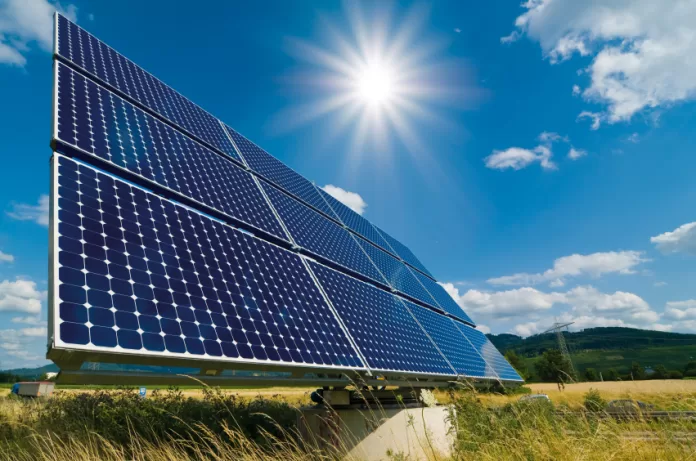The Association met with Minister for Power Khurram Dastgir Khan recently and told him about their problems. They have now sent him a letter with some suggestions.
In a letter, Mohsin Sahukat, the Secretary General of the PSA, asked the government to take solar energy off the list of non-essential items and treat it as an essential utility in the present day, which is what the rest of the world does.
In the last fiscal year, about 2.4 GW of solar panels and equipment were brought in. The value of those imports was almost $1.2 billion. Based on growth trends from the past few years, the letter predicts that this year’s demand will be around $1.8 billion.
The letter says that because of the bad economy, the PSA stands with the SBP and the government and understands how hard it is to pay for imports.
At the same time, the Pakistani market has a real need for solar energy, and every dollar spent on solar equipment saves about a dollar in oil imports, so it would be good for the country to at least partially resume solar imports.
The PSA has asked the Power minister to tell the SBP and commercial banks to make it easier to import solar equipment by setting an annual limit of $800 million, or $65 million per month, for solar equipment imports. This is about 56% less than the estimated market equipment.
The SBP has asked the government to make a list of “reliable” solar panel suppliers.
The PSA has suggested that the industry could set a limit on imports based on the history of imports, with the following restrictions: I Only companies that are members of the Pakistan Solar Association and have been AEDB-certified for at least 3 years will be allowed to import solar equipment; (ii) Companies that have a history of importing Tier-1 Panels in the last 5 years; and (iii) Imports will be limited to Tier 1 solar panels (as defined by BNEF classification), with only the direct manufacturer of the solar equipment being the “beneficiary” of the LC/payment documents for the shipment.
The proposed conditions will make sure that only industry players can import solar panels. This will reduce, if not completely get rid of, problems caused by low-quality imports and the chance of money laundering.
The PSA says that it’s clear from the report it sent to the SBP in 2016–2017, as well as from meetings and letters with SBP officials after that, that money laundering under the HS Codes 84 and 85 is no longer a big problem.
At that time, the same issue was brought up with Pakistan Customs. Since then, an effective process called “Goods Ruling Value” has been put in place, making it impossible for any importer to overcharge or undercharge for goods under the stated HS codes.
At a recent meeting in Islamabad, Dr. Asif Ali, Director of the SBP, said that the SBP had already given the necessary instructions to banks for one-time facilitation for release of shipping documents. He said this would help ease congestion at ports caused by containers that were stuck (i.e. demurrage-related cases).
In this case, banks have been told to release the shipping documents for goods that have been shipped on or before January 18, 2023: I if the payment is delayed, when the bank receives a SWIFT message from the bank abroad saying that the payment for imports is delayed for at least 180 days; or (ii) if the funding arrangement is made from abroad, when the bank receives confirmation from the suppliers’ banks.
The central bank says that, based on these instructions, it believes that most of the problems with stuck shipments, including those of solar panels, are being solved.
According to the SBP, current Customs Regulations say that solar panels (HS code 8541.4300) don’t have to pay any customs duty. Since this is the case, there is a chance that some dishonest people could use the import of solar panels to launder illegal money abroad by over-invoicing.
“From what we’ve seen, some of the suppliers who offer deferred payment terms are linked to Pakistani importers, or the local importers have set up trade entities overseas, which puts them at risk of being overbilled,” said Dr. Asif Ali.
In this case, the SBP has suggested that the relevant ministries come up with a list of reliable suppliers from whom solar panels could be imported without the risk of money laundering or overbilling.





